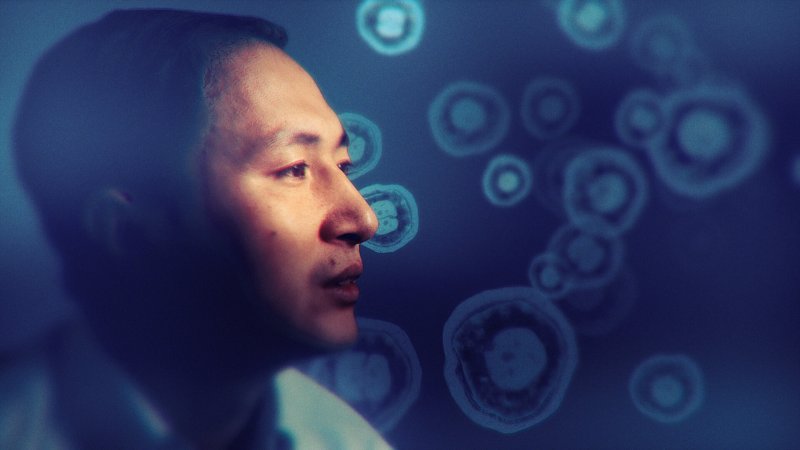Biophysicist He Jiankui, having served a 3-year sentence for creating the world’s first genetically engineered babies, may be released from a Chinese prison this week, Science has learned.
He’s largely secret use of the genome editor CRISPR to alter the DNA of human embryos and implant them into two women led to three births, sparking ethical outrage and fears for the babies’ health (about which little is known).
It did not, however, bring an end to basic research on human embryo editing.
Researchers studying CRISPR in human embryos face obstacles beyond the science. In the United States, Congress forbids government funding of research with human embryos, forcing [scientists] to rely on foundations, academic institutions, or companies.
Legislation also prevents the U.S. Food and Drug Administration from even evaluating therapies that edit human embryos.
…
The 3 years since He went to prison have seen glimmers of progress in heritable human genome editing, but many scientists say the increased awareness of CRISPR’s shortcomings has underscored the recklessness of transplanting edited embryos with the technology available today.
An exception is Russian geneticist Denis Rebrikov, one of the few scientists after the He scandal to openly advocate implanting edited embryos into people.
“We’ve done a lot of validation experiments, and now we’re confident that we can move on to real clinical use,” Rebrikov says.































